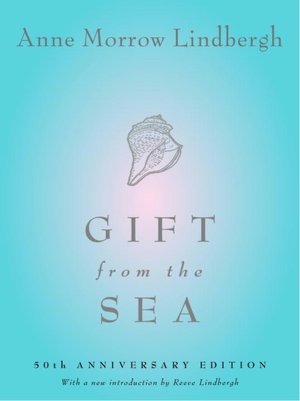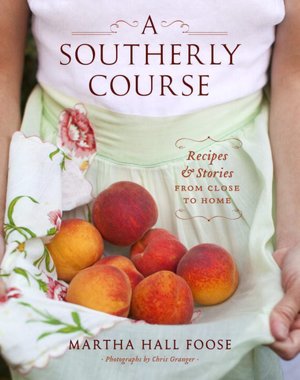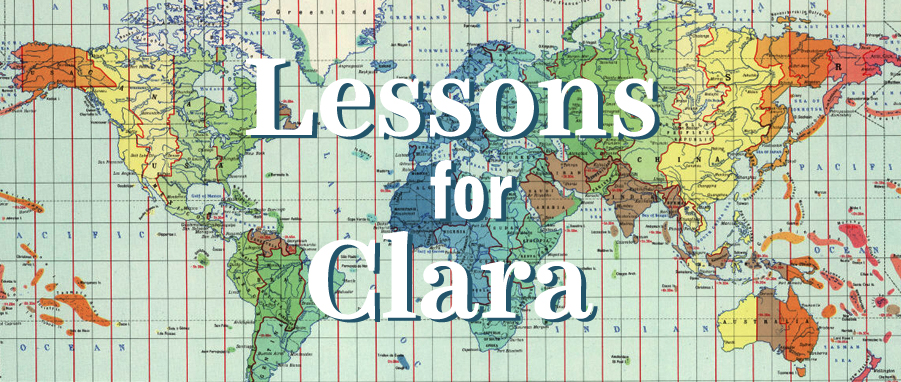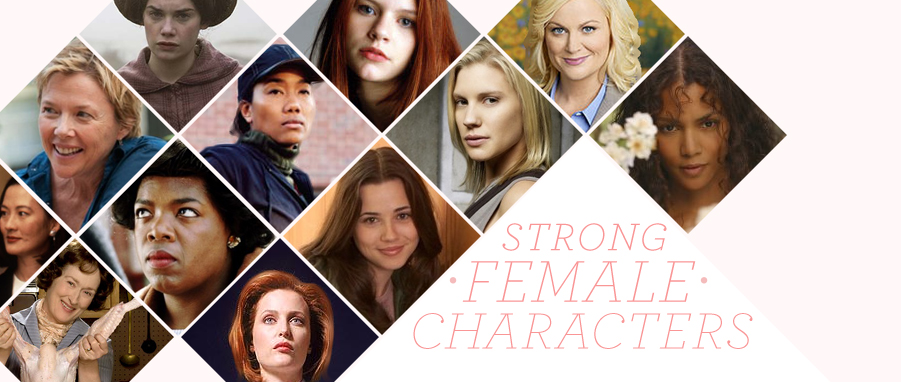I got the shocking call last Sunday afternoon. She told me that he jolted awake suddenly in the pre-dawn hours and just as quickly he was gone. This prince of a man, this decent, loving husband and father had died. Out of nowhere. WHAT? Weren’t they just . . . ? Didn’t we just . . . ? I struggled to process this dreadful information. I wanted to rail against God. I wanted to offer some words of comfort until I could get there, something trite, like “This is part of God’s plan, it is beyond our understanding.” Of course, I didn’t believe that. My rage would be directed at the ether. My efforts to soothe would be built on a false premise. I don’t believe there is anyone up there or out there. It is precisely at times like these that I desperately wish for some kind of faith. There are people all around me who have a version of God. This God provides a structure for living and dying, solutions to complex problems, answers (or diversions) where there are none. I don’t have anything close to this. I was never very good at science but it is all I have.
I used to hedge a little more when talking about this highly sensitive topic. This was for two reasons: I was concerned about offending anyone and I had some mildly superstitious notion that I would leave the door open, just in case I should have occasion to call God into service in my own life. As a younger woman, I talked of feeling “spiritual” and that I could imagine “a force greater than myself” in the universe. I never really had any idea what I meant when I discussed this. I thought it made me sound less off-putting to others but mostly, it made me less terrified of having no guiding light. I would describe how we are “all connected,” relate experiences like seeing something extraordinary in nature and how this could grant access to the sacred world. The truth is, I have seen the sunset over the Pacific, a baby moose in the Tetons, Halley’s Comet and a human child emerge from my own body. In each case, I have thought, ‘What an absolutely stunning miracle . . . of science.’
The older I get, I am increasingly convinced of the randomness of life. I do believe that everything always works out in the end, in the sense that we learn to cope with whatever circumstances bring. What I mean when I say things like, ‘I am exactly where I was meant to be,’ is that it requires an active acceptance of chaos to get from one day to the next. This is more of a mantra than some philosophical statement about a grand plan.
I challenge anyone to explain to a woman who has just lost the center of her life and the father of her young children that all will be revealed. NO. There will be no reasonable explanation and if the logic of it is outside our comprehension, then it is useless anyway. What we can know for sure is that she will move forward very slowly, moment-by-moment, until it is less and less surreal. The heavy boulder of pain will eventually be massaged into tiny pebbles that rattle around in her mind. New rhythms will develop and her children will grow. She might create a novel iteration of a family, not because this was all supposed to happen just exactly like it has, but because she will simply handle what she has been dealt.
For a long time, I wondered whether this lack of a divine center meant that I was a lost soul (lost brain?). But I can tell you with conviction what it is that makes me found. My family and friends (also considered family) are at the core---I live for them and with them in this life, in the here and now. I do this not because it is written or commanded or foretold. I do this because it is right and feels good and creates community. I don’t need to understand the meaning of life to know that when someone is ripped from it too soon, it creates a searing pain. I don’t require the threat of hell or a judgmental God to treat people with kindness. I know that I should “do unto others” because I, myself, have feelings. I also know that nobody is perfect and that when I fail as a human (often spectacularly), the person from whom I need to beg forgiveness is the person I have slighted.
In the tradition of my Jewish culture (and yes, for many people, Jewish religion), in the New Year we do a self-assessment and make a commitment to do better in the coming season. One rationale for this is to ensure that we are inscribed in the Book of Life for another year. The warning here is that God will only allow those to survive who have done good, been of service and been authentically sorry for ways in which they have harmed others. This begs the question whether the people who have died this year somehow weren’t all they could be? And you see how it begins to break down.
I do appreciate the concept of personal inventory, making genuine apologies (at least once a year) and being intentional about your humanity in the year to come. This year I hope to focus on being even more available to this most treasured friend that has experienced devastating loss. I won’t talk to her about God and providence. I will talk to her about how powerful his presence was and will continue to be in this life. I won’t talk to her about fate. I will tell her that I know he is gone too soon and that nothing about this is just. I won’t be equipped to provide any enlightenment. But I will visit the kids, get down on the floor with them like he did, and keep his memory fresh for them. I will do this because I love her and I loved him and this is what people do.








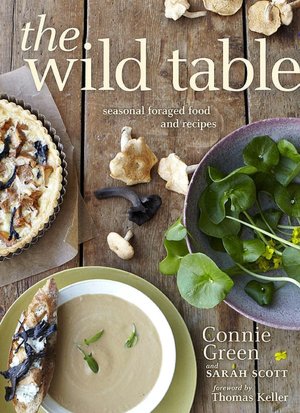





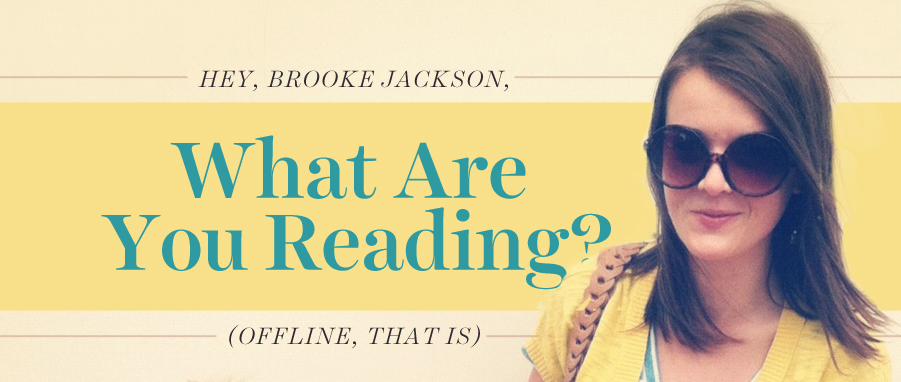
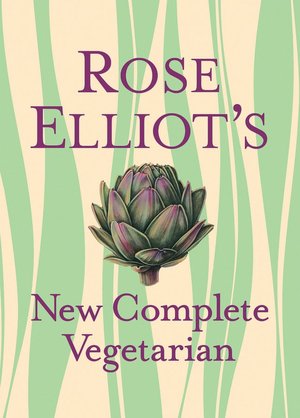 New Complete Vegetarian
by: Rose Elliot
I've been a vegetarian for half of my life and had to get creative in the kitchen after marrying my husband. Cooking meatless meals for someone who enjoys a medium rare steak has its challenges. In order to keep peace at our dining table, I read recipes to learn more about different flavor combinations and cooking techniques. Rose Elliot's New Complete Vegetarian was given to me as a gift, and I'm currently drooling over its every page. With over sixty books under her belt, Rose is Britain's most influential vegetarian/vegan writer. Her ingredients and words are so engulfing you can actually smell the aromas of each course being prepared. This particular cook book contains hundreds of mouth-watering recipes covering a hostess' every need: sweet relishes and tangy salad dressings; veggie infused pastas and rice; made-from-scratch tarts and cheesy quiches; and delectable desserts. Rose's ingredient lists are short and simple which works well for both the intimidated beginner cook or the expert chef. Whether you follow a recipe step-by-step or put your own unique spin on it, this book is the perfect cooking companion.
New Complete Vegetarian
by: Rose Elliot
I've been a vegetarian for half of my life and had to get creative in the kitchen after marrying my husband. Cooking meatless meals for someone who enjoys a medium rare steak has its challenges. In order to keep peace at our dining table, I read recipes to learn more about different flavor combinations and cooking techniques. Rose Elliot's New Complete Vegetarian was given to me as a gift, and I'm currently drooling over its every page. With over sixty books under her belt, Rose is Britain's most influential vegetarian/vegan writer. Her ingredients and words are so engulfing you can actually smell the aromas of each course being prepared. This particular cook book contains hundreds of mouth-watering recipes covering a hostess' every need: sweet relishes and tangy salad dressings; veggie infused pastas and rice; made-from-scratch tarts and cheesy quiches; and delectable desserts. Rose's ingredient lists are short and simple which works well for both the intimidated beginner cook or the expert chef. Whether you follow a recipe step-by-step or put your own unique spin on it, this book is the perfect cooking companion.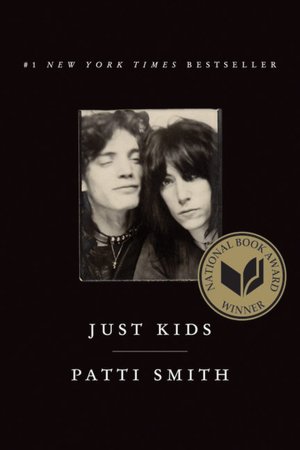 Just Kids
by: Patti Smith
Just Kids is a memoir written by Patti Smith, the “Godmother of Punk.” I could try to summarize this book, but there is so much happening that I can't put my finger on one specific premise. It's an ode to art and music, personal expression and exploration, and companionship and love. Smith moved to New York City during the summer of 1967. It was at the end of a few artistic eras such as the Beat Generation and the Warhol Factory Years, so Smith found herself riding on the coattails of many fascinating artists. Searching for her own masterpiece, she made a vow that her life would be dedicated to creating and sharing her work. On that very night, Robert Mapplethorpe, who is now an iconic photographer, made the same promise to give himself to his art. Later on, while Smith was working at Brentano’s Books on Fifth Avenue, the two crossed paths and quickly became each other’s artistic guide and muse. They searched together while creating, painting, filming, writing, and capturing life. Smith and Mapplethorpe were young artists or "just kids" on the verge of both breakdown and breakthrough. They experimented their way through the late 60's and lived on the forefront of their wildest dreams. During her time at the Hotel Chelsea, Patti also met some of my favorites such as Jimi Hendrix, Bob Dylan, Allen Ginsburg, and Andy Warhol. NYC has always been a melting pot of sensations with a variety of people who have big dreams and enduring stamina. Smith's descriptions are so poetically vivid that I found myself channeling her words as if they were my memories she recanted, constantly dropping the book to close my eyes and breathe. Hooray for empathy! Pick up this book, please!
Just Kids
by: Patti Smith
Just Kids is a memoir written by Patti Smith, the “Godmother of Punk.” I could try to summarize this book, but there is so much happening that I can't put my finger on one specific premise. It's an ode to art and music, personal expression and exploration, and companionship and love. Smith moved to New York City during the summer of 1967. It was at the end of a few artistic eras such as the Beat Generation and the Warhol Factory Years, so Smith found herself riding on the coattails of many fascinating artists. Searching for her own masterpiece, she made a vow that her life would be dedicated to creating and sharing her work. On that very night, Robert Mapplethorpe, who is now an iconic photographer, made the same promise to give himself to his art. Later on, while Smith was working at Brentano’s Books on Fifth Avenue, the two crossed paths and quickly became each other’s artistic guide and muse. They searched together while creating, painting, filming, writing, and capturing life. Smith and Mapplethorpe were young artists or "just kids" on the verge of both breakdown and breakthrough. They experimented their way through the late 60's and lived on the forefront of their wildest dreams. During her time at the Hotel Chelsea, Patti also met some of my favorites such as Jimi Hendrix, Bob Dylan, Allen Ginsburg, and Andy Warhol. NYC has always been a melting pot of sensations with a variety of people who have big dreams and enduring stamina. Smith's descriptions are so poetically vivid that I found myself channeling her words as if they were my memories she recanted, constantly dropping the book to close my eyes and breathe. Hooray for empathy! Pick up this book, please! Thin Air: Encounters in the Himalayas
by: Greg Child
A few months ago, I read the story of Jon Krakauer's experience on one of Mount Everest's most fatal seasons and have been semi-obsessed with Himalayan adventures ever since. I love every aspect of it: the physical challenges the human body endures to climb these peaks; the devotion and sometimes detrimental commitment of mountaineers to reach the highest places on Earth; and the emotional and mental battles that altitude, stress and ego add to the journey. After listening to me share stories of the Himalayas as though I was part of the trek myself, a friend gave Thin Air to me. The book sweeps you away into a range of breath-taking mountains while sharing some of the most riveting stories of Himalayan treks. One feels the roller coaster of excitement, the heartache from the innate barriers of being in politically delicate regions of the world to fulfill their dreams, the language struggles existing in crucial relationships, the undefinable joy of reaching their goals, and the bonding and loss of friends. I highly recommend this read for those who are seeking an adventure in life.
Thin Air: Encounters in the Himalayas
by: Greg Child
A few months ago, I read the story of Jon Krakauer's experience on one of Mount Everest's most fatal seasons and have been semi-obsessed with Himalayan adventures ever since. I love every aspect of it: the physical challenges the human body endures to climb these peaks; the devotion and sometimes detrimental commitment of mountaineers to reach the highest places on Earth; and the emotional and mental battles that altitude, stress and ego add to the journey. After listening to me share stories of the Himalayas as though I was part of the trek myself, a friend gave Thin Air to me. The book sweeps you away into a range of breath-taking mountains while sharing some of the most riveting stories of Himalayan treks. One feels the roller coaster of excitement, the heartache from the innate barriers of being in politically delicate regions of the world to fulfill their dreams, the language struggles existing in crucial relationships, the undefinable joy of reaching their goals, and the bonding and loss of friends. I highly recommend this read for those who are seeking an adventure in life.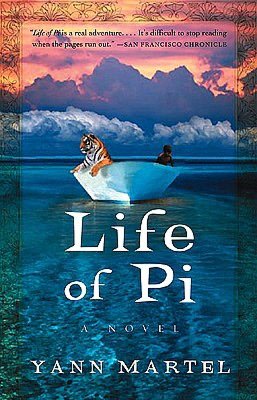 Life of Pi
by: Yann Martel
This is the story of a boy named Pi, who leaves India with his family to find a new life in Canada. While at sea, tragedy strikes and the unthinkable happens: Pi is the lone human survivor of a shipwreck and is stranded aboard a small lifeboat with an unusual assortment of companions. His only companions consist of a hyena, zebra, orangutan and Bengal tiger. Pi's courage and determination are tested as he must learn to survive on his own in the vast ocean while keeping the distraught wild animals at bay. Pi's story is one of hope, courage and self-preservation in the most unnatural of circumstances.
Life of Pi
by: Yann Martel
This is the story of a boy named Pi, who leaves India with his family to find a new life in Canada. While at sea, tragedy strikes and the unthinkable happens: Pi is the lone human survivor of a shipwreck and is stranded aboard a small lifeboat with an unusual assortment of companions. His only companions consist of a hyena, zebra, orangutan and Bengal tiger. Pi's courage and determination are tested as he must learn to survive on his own in the vast ocean while keeping the distraught wild animals at bay. Pi's story is one of hope, courage and self-preservation in the most unnatural of circumstances. Killing Lincoln<
by: Bill O'Reilly & Martin Dugard
This summer I brushed up on my American history by reading Killing Lincoln. I´m sure that sounds like a dreaded 11th grade required reading assignment, but I promise this book is not what you think. There will be no exam afterwards and, unlike me, you probably won´t be asked to write a synopsis of what you´ve read. Yes, it is the true story of the Lincoln assassination in 1865, but it's also a thriller told from the perspective of both the assassin and the victim. As we all know, John Wilkes Booth was the man who shot the President. But what else do you know about him? This book takes you inside his world and details his thoughts, relationships and movements, especially in the days leading up to the murder and the days immediately following. Lincoln, on the other hand, becomes a character that you wish didn´t have to die as you are also taken away from John Wilkes Booth and into the White House to witness his conversations and fears in the days leading up to his fateful trip to the Ford theater. I found myself hoping that history would somehow rewrite itself and only wish more historic events were written this way.
Killing Lincoln<
by: Bill O'Reilly & Martin Dugard
This summer I brushed up on my American history by reading Killing Lincoln. I´m sure that sounds like a dreaded 11th grade required reading assignment, but I promise this book is not what you think. There will be no exam afterwards and, unlike me, you probably won´t be asked to write a synopsis of what you´ve read. Yes, it is the true story of the Lincoln assassination in 1865, but it's also a thriller told from the perspective of both the assassin and the victim. As we all know, John Wilkes Booth was the man who shot the President. But what else do you know about him? This book takes you inside his world and details his thoughts, relationships and movements, especially in the days leading up to the murder and the days immediately following. Lincoln, on the other hand, becomes a character that you wish didn´t have to die as you are also taken away from John Wilkes Booth and into the White House to witness his conversations and fears in the days leading up to his fateful trip to the Ford theater. I found myself hoping that history would somehow rewrite itself and only wish more historic events were written this way.


